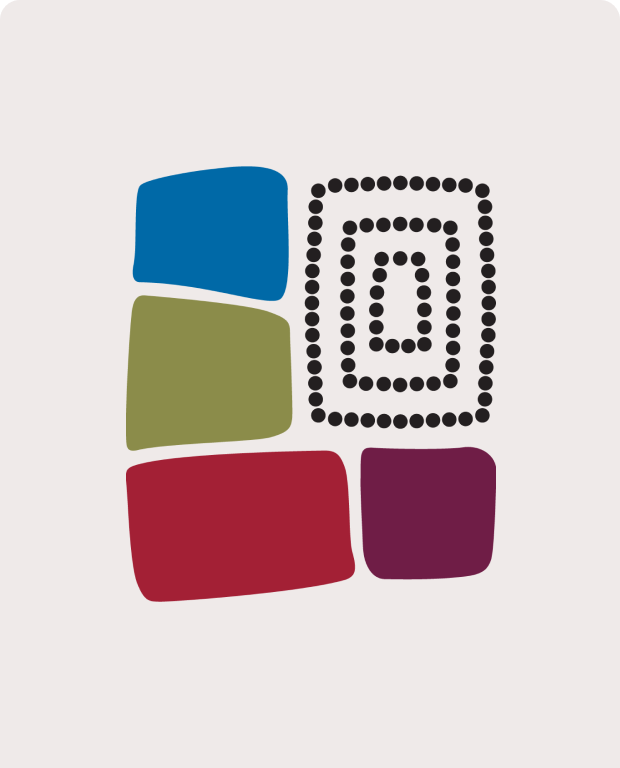Valuing Aboriginal and Torres Strait Islander Young Men

Valuing Aboriginal and Torres Strait Islander young men
Project Aim:
This project aimed to identify how Aboriginal and Torres Strait Islander young men remain strong and resilient in the face of adversity in life. It searched for a strengths-based approach in the data, through the use of yarning and film, in order to include Aboriginal and Torres Strait Islander men in society and the economy, where deficit thinking and colonial practices have created distrust.
<!–
Objectives:
- Bring together an action-oriented Stakeholder Committee with diverse expertise to form the foundation for a research partnership.
- Investigate how the primary healthcare workforce can be supported to integrate culturally safe trauma-informed care for Aboriginal and Torres Strait Islander women who have experienced violence by:
- establishing what policy, practice guidelines and/or frameworks exist that support integration of trauma-informed care within Aboriginal and Torres Strait Islander primary healthcare, and barriers and enablers to implementing these
- better understanding the experiences, strengths, challenges and training needs of the primary healthcare workforce who are providing support to Aboriginal and Torres Strait Islander women who have experienced violence.
The project focused on Aboriginal and Torres Strait Islander community-controlled services.
–>
Project Team:
Project leader: Dr Michael Adams
Project partners: Murdoch University
<!–
- Australian Health Services Research Institute
- Katungul Aboriginal Corporation Community & Medical Services
- Illawara Aboriginal Medical Service
- Yerin Aboriginal Health Service
- Waminda South Coast Women’s health and Welfare Aboriginal Corporation
- Wollongong University
–>
Administering organisation: Edith Cowan University
Project timeline: 1 May 2018—30 June 2019
Methodology
- The methodology used yarning and film, in order to allow in-depth conversations about personal strengths in the face of adversity, in group and individual contexts.
- The research team was able to engage fully with willing participation with community residents.
- To get a full understanding of valuing young Aboriginal and Torres Strait Islander males, researchers invited both males and females in the research discussions and data gathering.
- Males (young, senior, Elders) and females (grandmothers, mothers, aunties, sisters) were invited to take part in the video interviewing (data collection process) to get their lived experience on valuing young Aboriginal and Torres Strait Islander males.
- This methodology was designed to be adaptable, empowering and culturally sensitive.
- It is a qualitative approach that was be co-designed and co-constructed by the young men, in consultation with their Elders, and other cultural leaders and representatives.
Project Findings
- The research developed a space on the HealthInfoNet website, as part of the dissemination of the data, where participants view the interviews.
- It also provided the opportunity for community members to take a lead in the discussion and provide the grounding for future research initiatives and partnerships, and possible policy development.
Project Outcomes
| Knowledge |
|
| Awareness |
|
| Behaviour |
|
| Skills |
|
Related resources:
- Valuing Aboriginal and Torres Strait Islander Young Men workshop
- Valuing Aboriginal and Torres Strait Islander Young Man video (see below)
- Following the Jina: How we value our young men (see below)

